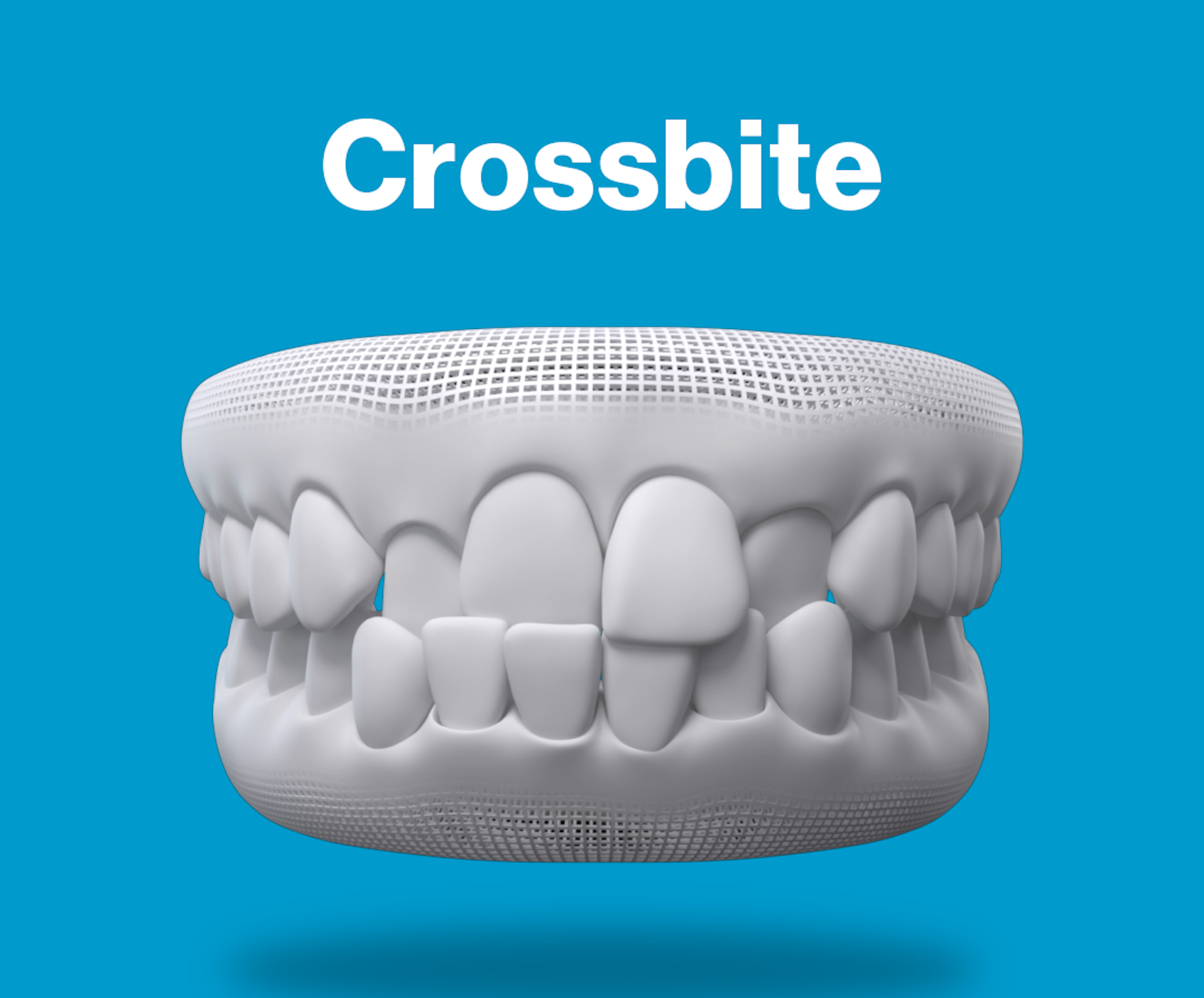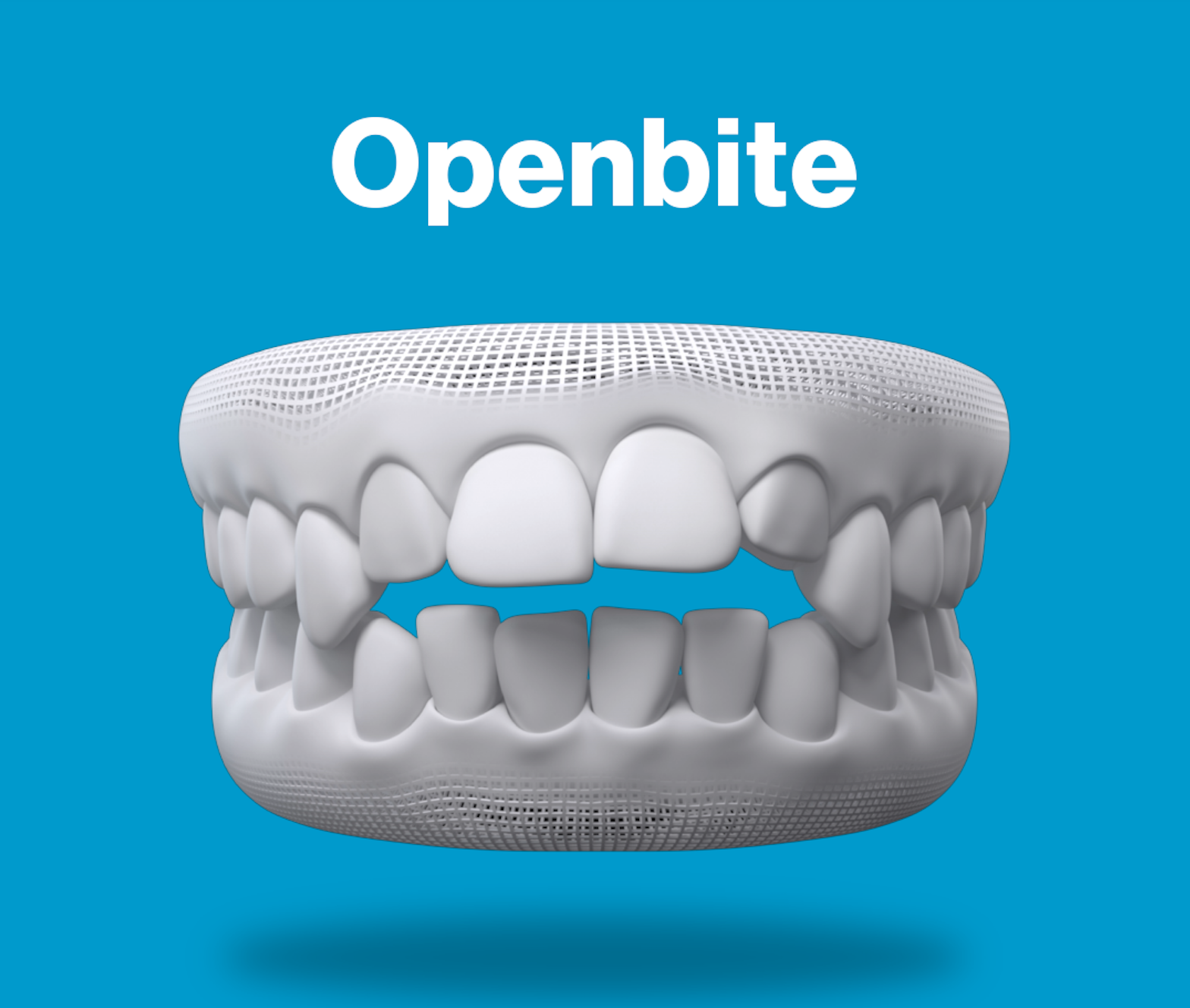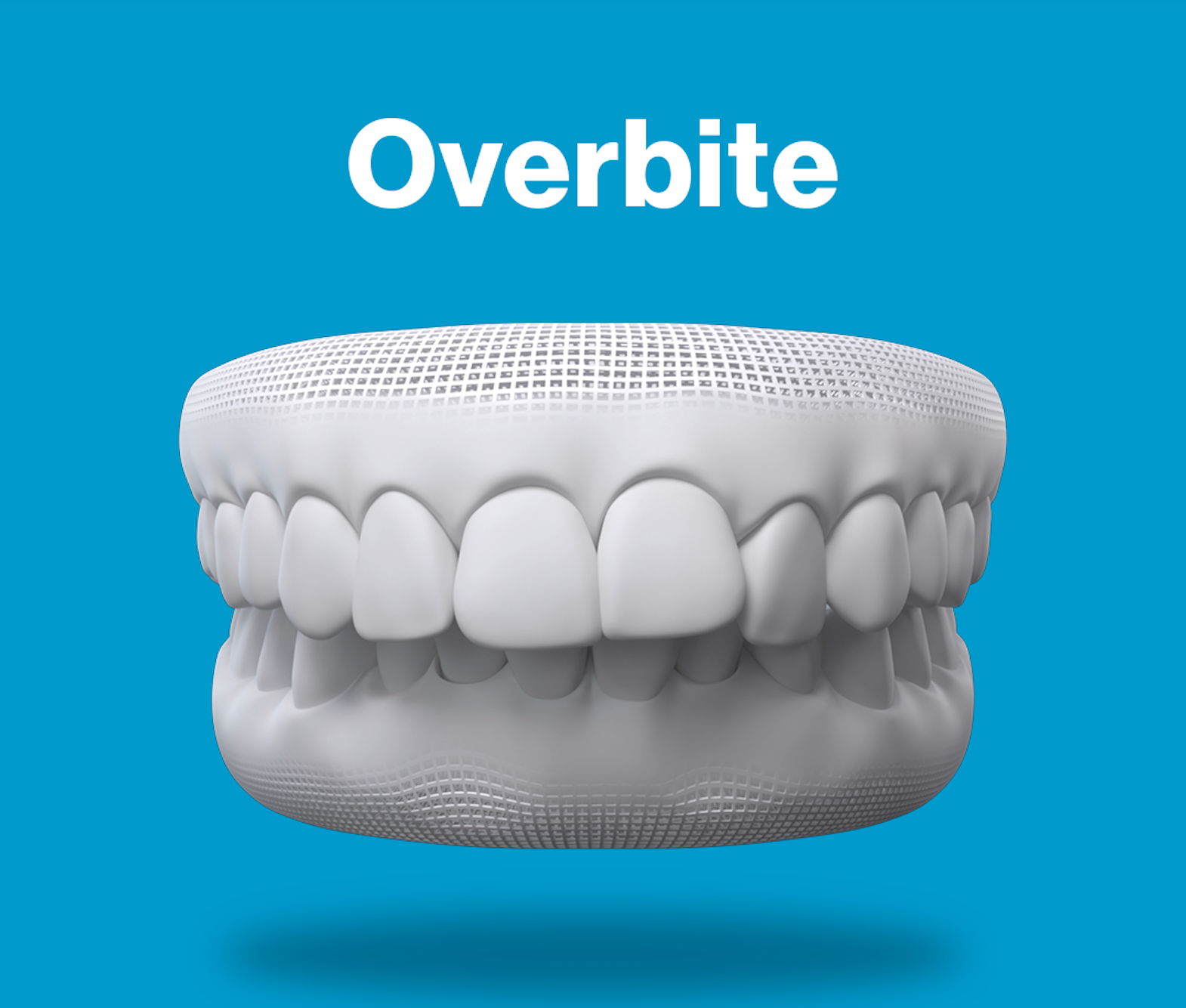The Risks of Forgoing Orthodontic Treatment
If you're considering whether or not to get braces for your child, you may be wondering what the risks are of not doing so. When diagnosed properly, early orthodontic treatment can save you both time and money, and can also help prevent serious problems later on. Here's a look at some of the risks associated with not getting braces for your child.
Early orthodontic treatment can save you both time and money
An estimated 50-70% of U.S. children and adolescents will wear braces before adulthood. While the decision to get braces is a personal one, there are a number of compelling reasons why you should consider early orthodontic treatment for your child. In addition to improving the appearance of their teeth, one of the most important advantages of early orthodontic treatment is that it can help to avoid more serious dental problems down the line. By correcting alignment issues while your child’s teeth are still developing, you can prevent them from becoming more difficult (and expensive) to fix later on.
Getting braces at an early age can often be cheaper than waiting until later. This is because your child’s bones are still growing and their teeth are more responsive to treatment at this stage. As a result, they may need fewer appointments and have a shorter overall treatment time than someone who gets braces as an adult.
Weakened enamel and tMJ are common issues associated with misaligned teeth
Teeth worn by misalignment.
Misaligned teeth can cause a number of problems, both in the short and long term. One of the most serious is that they can weaken the enamel, which can lead to early wear. This is because the teeth are not able to meet evenly, putting extra strain on certain areas. Over time, this can lead to the enamel being worn away, exposing the sensitive dentin underneath, and eventually bone loss with tooth mobility.
Another problem associated with misaligned teeth is TMJ (temporomandibular joint) disorder. This can occur when the jaw joint is not working correctly, creating an imbalanced bite. This can cause pain and discomfort, as well as headaches and migraines. In severe cases, it can even lead to dislocation of the jaw.
Development of an underbite, overbite and crossbite which are known as malocclusions
An underbite, overbite, or crossbite is a misalignment of the teeth and jaw due to genetics, bad habits, or injury.
An underbite occurs when the lower jaw protrudes beyond the upper jaw, causing the teeth to wear down prematurely, as well as pain and discomfort in the jaw joint. In severe cases, it can also lead to difficulty chewing and speaking.
An overbite occurs when the upper jaw protrudes beyond the lower jaw, causing the teeth on the bottom jaw to be pushed back and overcrowded. It can also lead to gum problems and pain in the temporomandibular joint (TMJ).
A crossbite occurs when the teeth do not align properly when biting down, putting extra strain on the jaw, potentially leading to TMJ disorder. It can also cause tooth loss and gum disease.
If you suspect that your child has any of these conditions, it is important to see an orthodontist as soon as possible.
Avoiding Surgery
One of the most common problems that can lead to adult orthognathic surgery (where the jaw needs to be broken to correct irregularities of the jaw bone to realign teeth) is an untreated malocclusion. Another problem that can lead to adult surgery is crowding of the teeth. This occurs when there is not enough space for all of the teeth to fit properly in the mouth, causing discomfort and making it difficult to clean the teeth properly, which can lead to cavities and gum disease. In severe cases, it may be necessary to have one or more teeth removed to create enough space for the others. Early intervention can help to avoid this by making sure that the teeth are aligned correctly from the start.
My child’s teeth look fine. I Still Think I Can Avoid Braces
You can! But an orthodontic evaluation is your first step to make a proper determination that you or your child are heading down the right path with Mother Nature alone. Get a second opinion if you don’t like what you hear. Nipping a problem in the bud or feeling assured that there is no problem is your best first step. Greenpoint Orthodontics offers free consultations. Let’s see where you stand on the matter — Book an appointment online or contact us today.



